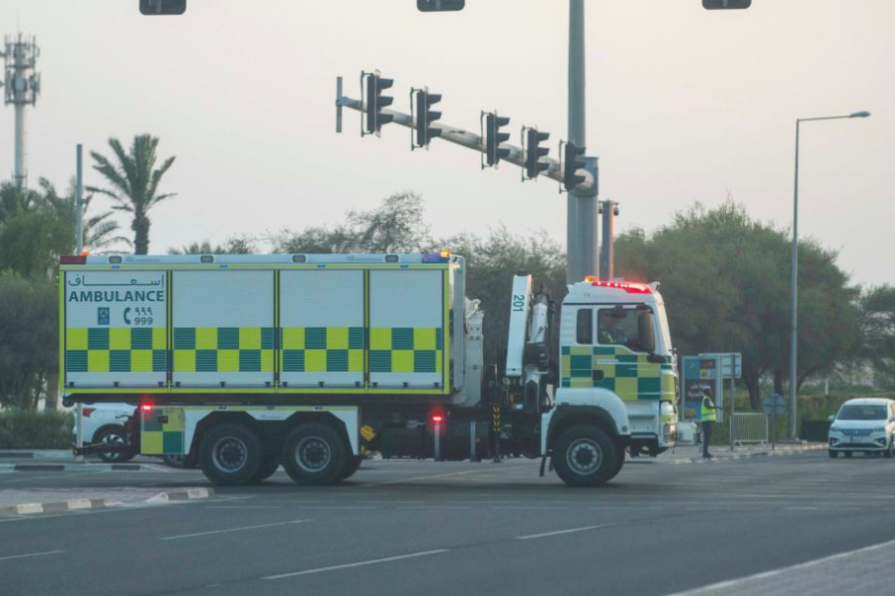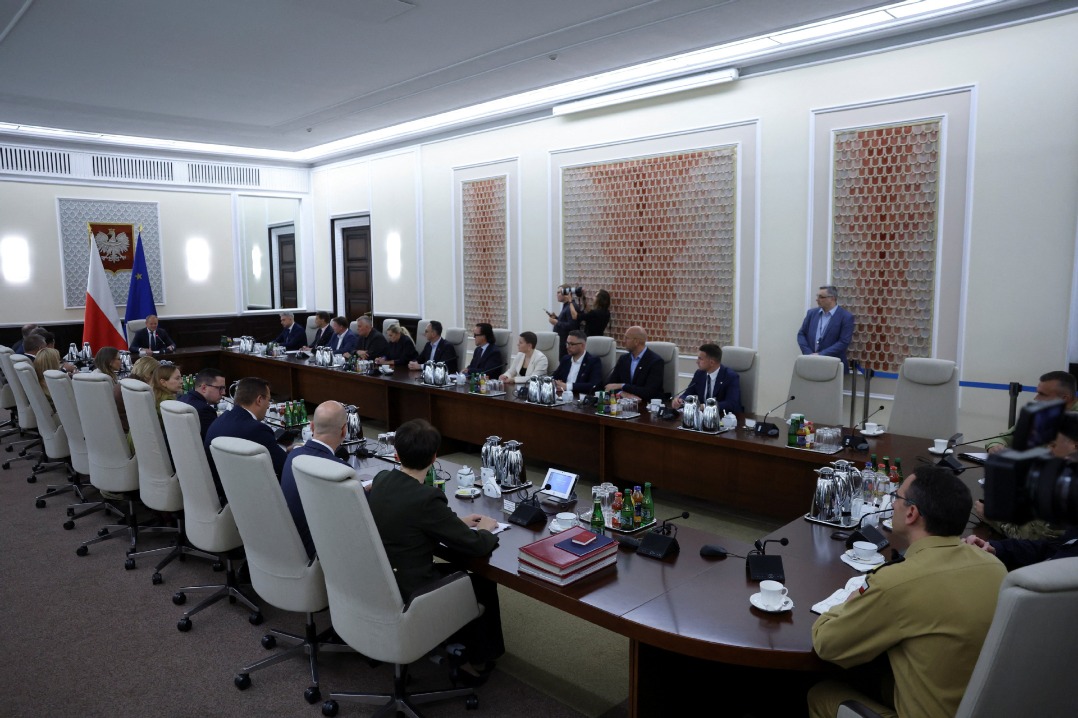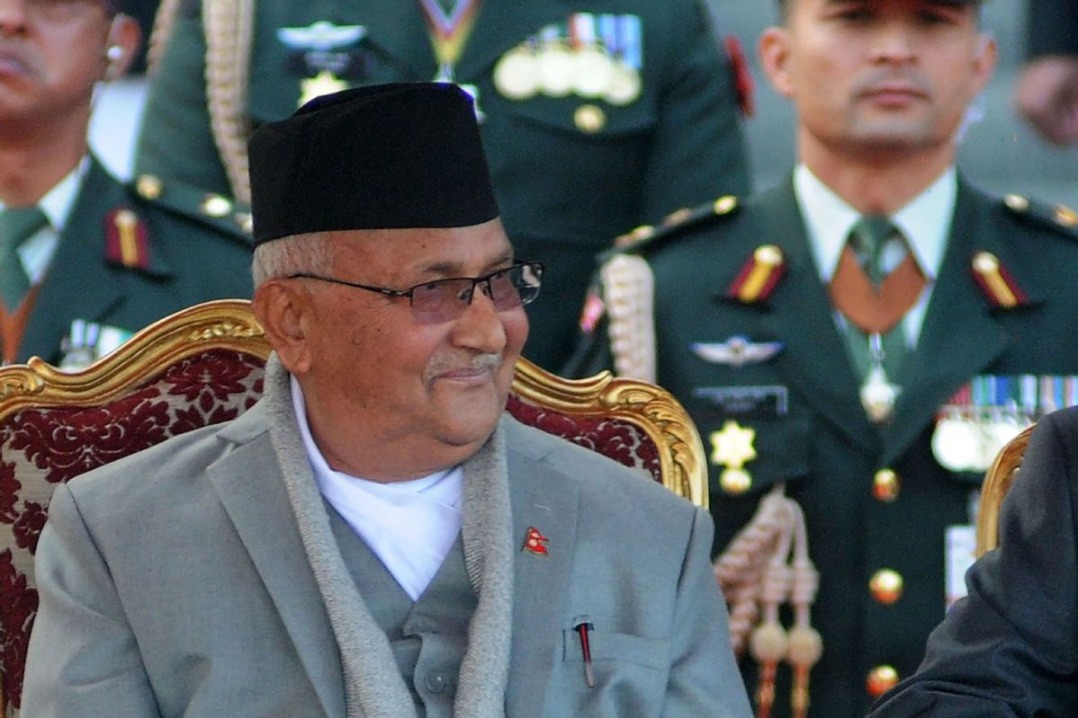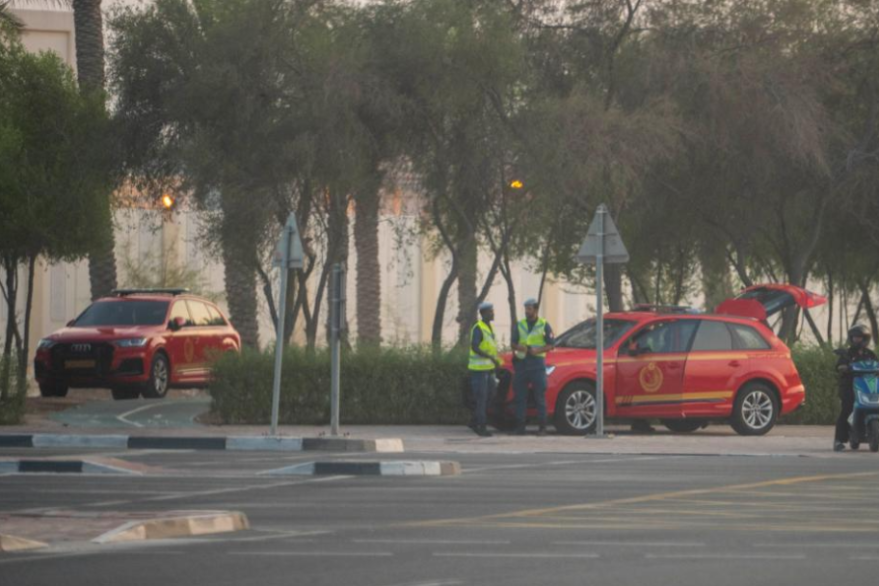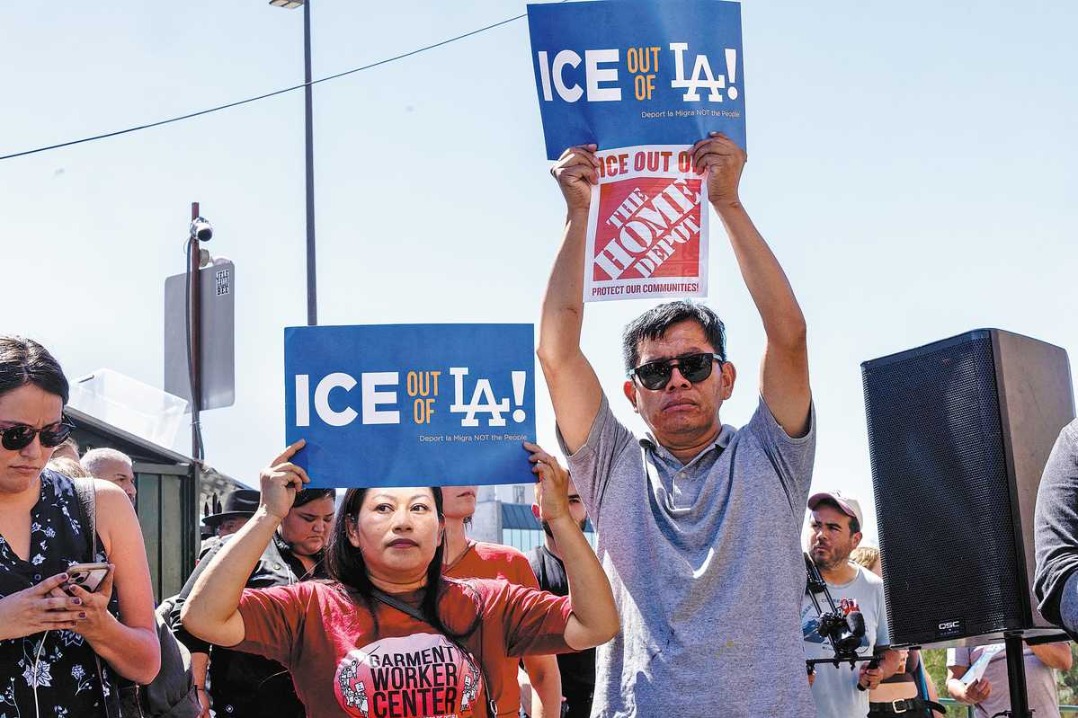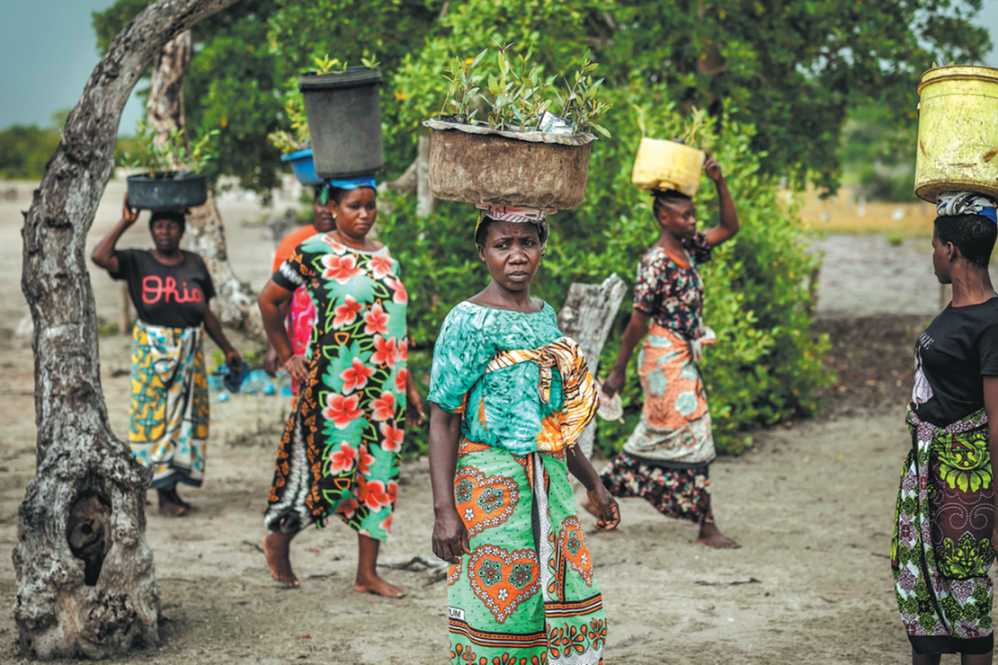What's false and what's true on China-related human rights matters


13. False: During COVID-19, the Chinese government cracked down on journalists and medical workers as they exercised their right to freedom of speech on the Internet, resulting in lack of information transparency.
True:
- All countries have strict regulations on the confirmation and information release of infectious diseases. This is an international common practice. In China, the Law of the People's Republic of China on the Prevention and Treatment of Infectious Diseases stipulates rigorous reviewing procedures and requirements concerning the reporting, verification and information release of infectious diseases.
- Open and transparent information is key to tackling epidemics. China's National Health Commission collects and releases, on a daily basis, data of confirmed cases of all provinces to ensure that the data is accurate and reliable. Any cover-up or under-reporting is strictly held accountable. At the same time, the Chinese government exercises law-based management over the Internet, including social media. Heated debates among different views are easily found online in China. The Chinese government welcomes oversight by the public and media, while at the same time opposes illegal acts of starting and spreading rumor, creating panic or disrupting public order.
- In China, no one gets punished or penalized simply because of making remarks. China's criminal law clearly stipulates what actions constitute crimes. Violating the criminal law is a prerequisite of conviction. A handful of people, out of their hidden agenda, purport to have been convicted for speaking out in China. Their claim has no factual basis.
- The Chinese government has all along conducted its COVID-19 response in an open and transparent manner, and has made widely recognized achievements. China is a country under the rule of law. Whether during the fight against the virus or in other times, China's public security authorities handle cases and illegal activities in strict accordance with law.
14. False: China detained Dr. Li Wenliang and other whistle-blowers.
True:
- Li Wenliang was an ophthalmologist. He was not a whistle-blower and was not detained. Dr. Zhang Jixian, a respiratory doctor, was the first to report COVID-19 cases, and was awarded for this contribution.
- On the afternoon of 30 December 2019 (three days after Dr. Zhang Jixian reported cases of unknown infection and one day before Wuhan released the relevant information), Dr. Li Wenliang sent a message to his alumni WeChat group. He claimed that there were "seven confirmed SARS cases", and asked the group not to spread the information. However, leaked screenshots of the conversation spread quickly on the Internet and caused panic.
On 3 January 2020, Wuhan's local police authorities asked Dr. Li to a police station for inquiry, and issued him a letter of reprimand as a means of persuasion.
In mid-January, Dr. Li started to show symptoms of infection. And on 31 January, he was confirmed to be infected with COVID-19.
On 7 February, Dr. Li passed away after all rescue measures were exhausted. On the same day, the National Health Commission publicly expressed condolences over his death. The National Supervisory Commission decided to send an inspection group to Wuhan to investigate issues related to Dr. Li.
On 19 March, the inspection group released its findings and held a press briefing. Wuhan's Public Security Bureau announced the decision on the matter, pointing to the misapplication of relevant legal provisions in Dr. Li's case, and revoked the reprimand letter.
- On 5 March, Dr. Li Wenliang was named a "national model healthcare worker in fighting COVID-19". On 2 April, he was honored as a martyr. On 28 April, he was awarded the 24th "May Fourth Medal".
- Dr. Li Wenliang was a good doctor and a member of the CPC. Labeling Dr. Li Wenliang as an "anti-establishment hero" or "awakener" is highly disrespectful to Dr. Li and his family. It is pure political manipulation without decency. On 30 May, responding to the bills introduced by US lawmakers to rename the street outside the Chinese Embassy in Washington, D.C. "Li Wenliang Plaza", Dr. Li's wife Fu Xuejie issued a statement on Weibo that said, "Wenliang was a CPC member. He loved his country deeply. Should he know about this, he would never allow anyone to hurt his motherland in his name."
15. False: China has taken advantage of COVID-19 to conduct large-scale surveillance with big data, violating its citizens' privacy.
True:
- COVID-19 struck during China's Spring Festival, the annual travel peak on a scale rarely seen elsewhere in the world in this country with 1.4 billion people. This created unprecedented challenges for disease control. China has harnessed big data, artificial intelligence, 5G and other technologies, and devised a smart technology app called "health code" for virus containment. This app helped avert the risk of infection, and facilitated transportation and reopening of the economy. The "health code" app has been used in other countries as well, and tens of thousands of users downloaded it on the first day of its overseas launch. We have also noted that quite a number of countries have drawn on China's experience and practice in this regard in their COVID-19 response.
- The Chinese government attaches great importance to protecting citizens' privacy and has been working to improve relevant laws and regulations. Clear stipulations on the collection, use and protection of personal information are set out in China's General Provisions of the Civil Law, the Cybersecurity Law, the Decision of the Standing Committee of the National People's Congress on Strengthening Internet Information Protection and other laws and regulations.
- China has long been deeply concerned about the large-scale electronic surveillance and personal data collection worldwide and violations against national sovereignty and human rights, especially the right to privacy, conducted by certain countries. China advocates that the United Nations take concrete measures to stop the certain countries from making such moves. Illegal or arbitrary surveillance over communications and collection of personal data not only violate people's privacy, but also affect their right to exercise freedoms of expression, association and assembly and right to know. Because of the highly globalized nature of communication technologies represented by the Internet, large-scale electronic surveillance not only infringes upon the human rights of a country's own citizens, but also flagrantly violates the human rights of people in other countries, seriously undermines the sovereignty of other countries, and goes against the purposes and principles of the UN Charter, including respect for sovereignty and territorial integrity and non-interference in internal affairs.
- The USA Patriot Act introduced after the September 11 incident requires that Internet companies provide user information on a regular basis. According to information exposed under the PRISM program, Americans have no privacy in their phone calls, correspondence, documents and voice mails, which are all under the surveillance of intelligence agencies. Phone calls by the leaders of US's once-close allies have long been wiretapped by the US as well. As it turns out, it is the US that has carried out the largest-scale cyber surveillance and cyber theft worldwide. This country is the world's largest "empire of hackers". In this regard, the United Nations adopted a resolution on the right to privacy in the digital age proposed by European countries.
- Cybersecurity threats and risks are increasing by the day, with privacy infringements and other cybercrimes occurring from time to time. China places importance on strengthening data security management and personal information protection through legislative and technological means. Relevant laws such as the Cybersecurity Law have clear stipulations on the collection, use and storage of personal information and the protection of data security. China cracks down on data theft, privacy infringement and other related illegal and criminal activities in accordance with law. China is committed to enhancing dialogue and cooperation with other countries on the basis of mutual respect and trust to jointly address cybersecurity threats and challenges and build a cyberspace community with a shared future.
















